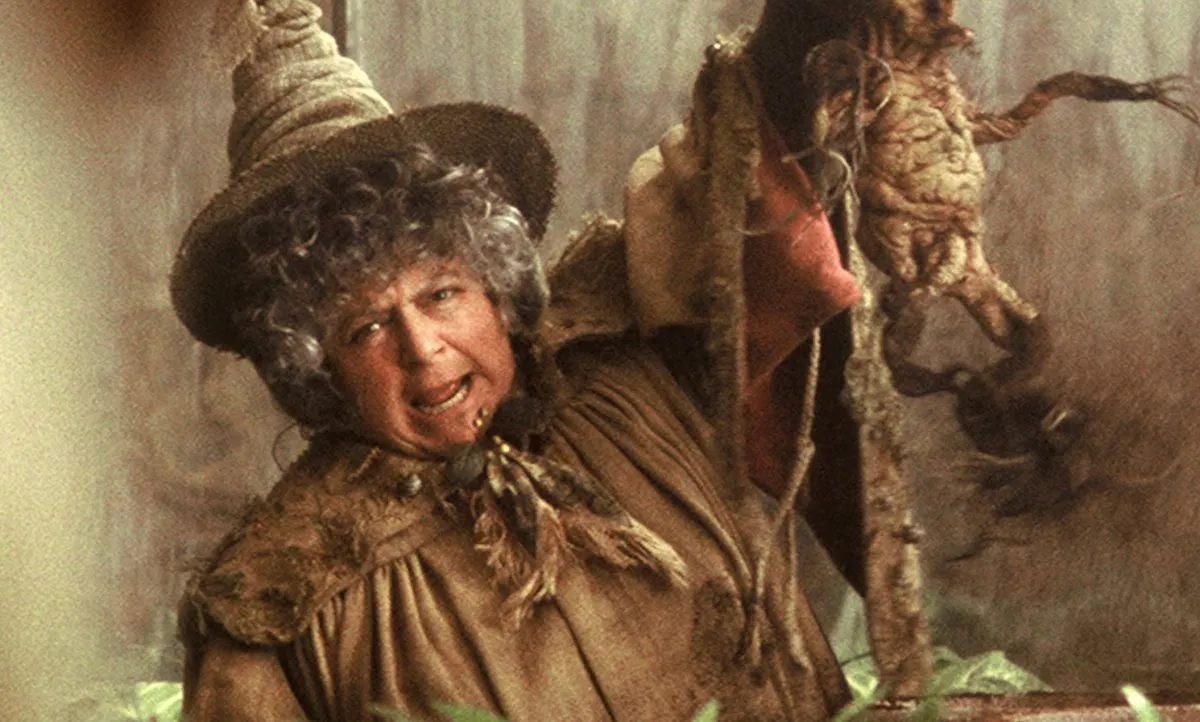John Oliver moderated a 20th-anniversary panel for Wag the Dog last night at a screening, and he didn’t let the otherwise light tone of the event prevent him from addressing the elephant in the room. Anna Graham Hunter has said that Dustin Hoffman sexually harassed when she was 17, on the Death of a Salesman set, and Wendy Riss Gatsiounis says Hoffman harassed her in 1991, though the latter wasn’t discussed at the panel.
Oliver has not been impressed by Hoffman’s response to those allegations—as has become painfully typical of such responses—and he made that known, which clearly annoyed Hoffman. He accused Oliver of “putting [Hoffman] on display” and was unhappy that the issue caught him off guard with that line of questions at the event, according to The Washington Post. Really, he should have had an easy time defusing things, judging by the advice he said his agent gave, which was not to dispute anything, and just apologize. Oliver pointed out that the apology that came from that advice was still a bit lacking as far as taking responsibility, and so a dispute was born.
Hoffman also tried the it was a different time defense (in his own words), as well as insisted that his actions should be looked at in context, and complained that Hunter hadn’t said anything for forty years. It’s no surprise that he doesn’t understand why that might be the case, as Oliver explained that he felt he had an obligation because “no one stands up to powerful men,” and Hoffman’s response was to ask, “Am I the powerful man?” And … yeah. He was the powerful man in the scenario, and he had a chance to not be the kind of powerful man who casts doubt on accusers and becomes the reason they don’t come forward for forty years.
Hoffman also went on to explain how dressing up as a woman for Tootsie had changed the way he thought about women for the better (which is its own whole can of nightmare worms to open), but he still seems to be missing the point that he’s passing up an opportunity to do better now, too. One of the problems Oliver raised with Hoffman’s initial statement about the accusations was that it didn’t seem “self-reflective,” and Hoffman’s reaction to the panel discussion wasn’t any better on that front.
He could easily have taken the opportunity to say that he feels bad that he made the women uncomfortable, without the “if” or “might have” qualifiers that were discussed, let alone the “It is not reflective of who I am” part of the statement that Oliver took issue with. Whatever he thinks the “context” of his actions was, there’s no denying that things he did made women uncomfortable, whether or not he’d do those same things today. Amid talk about how times have changed—pointing out that his statement noted that his actions weren’t indicative of who he is “today” (a qualifier that the actual statement seems to lack) and mentioning that his example of cast and crew exchanging sexual remarks on set was “40 years ago”—he still never seemed to acknowledge that he did anything wrong, instead placing the blame on the time period, the atmosphere on a film set, and people misunderstanding.
It’s extremely weird to own up to how pervasive harassment and inappropriate conduct were in the past and then expect that to be a shield against taking some of the blame for that atmosphere. The past isn’t some malevolent force; people are responsible for their actions, not the time period they lived and worked in. Everyone was doing it should be an indictment, not a defense.
If Hoffman was annoyed to have such an innocuous panel turned into an argument over harassment, he only has himself to blame. He could easily have pointed out how bad it is that such actions were once considered acceptable, talked about how things need to change, and made the conversation a positive one, as fellow panelist and Producer Jane Rosenthal pointed out in saying, “We have a platform here. How are we moving [the issue] forward?”
Harassment and assault are still accepted far too often, which is how we got to our current state, with new revelations every day. If Hoffman really is the changed man he claims to be, broaching the subject at the panel should have presented an easy opportunity to use his platform to advocate for change, rather than offer a defense of the status quo. Instead, he cared more about defending his own image than doing anything that would actually help women, and he failed both in the process. His attempt at excuses only made his initial statement seem less genuine, and that it was exactly the calculated product of professional advice—rather than true remorse, reflection, and intent to do better—that Oliver imagined.
(via The Washington Post, featured image: Shutterstock)
Want more stories like this? Become a subscriber and support the site!
—The Mary Sue has a strict comment policy that forbids, but is not limited to, personal insults toward anyone, hate speech, and trolling.—









Published: Dec 5, 2017 12:12 pm